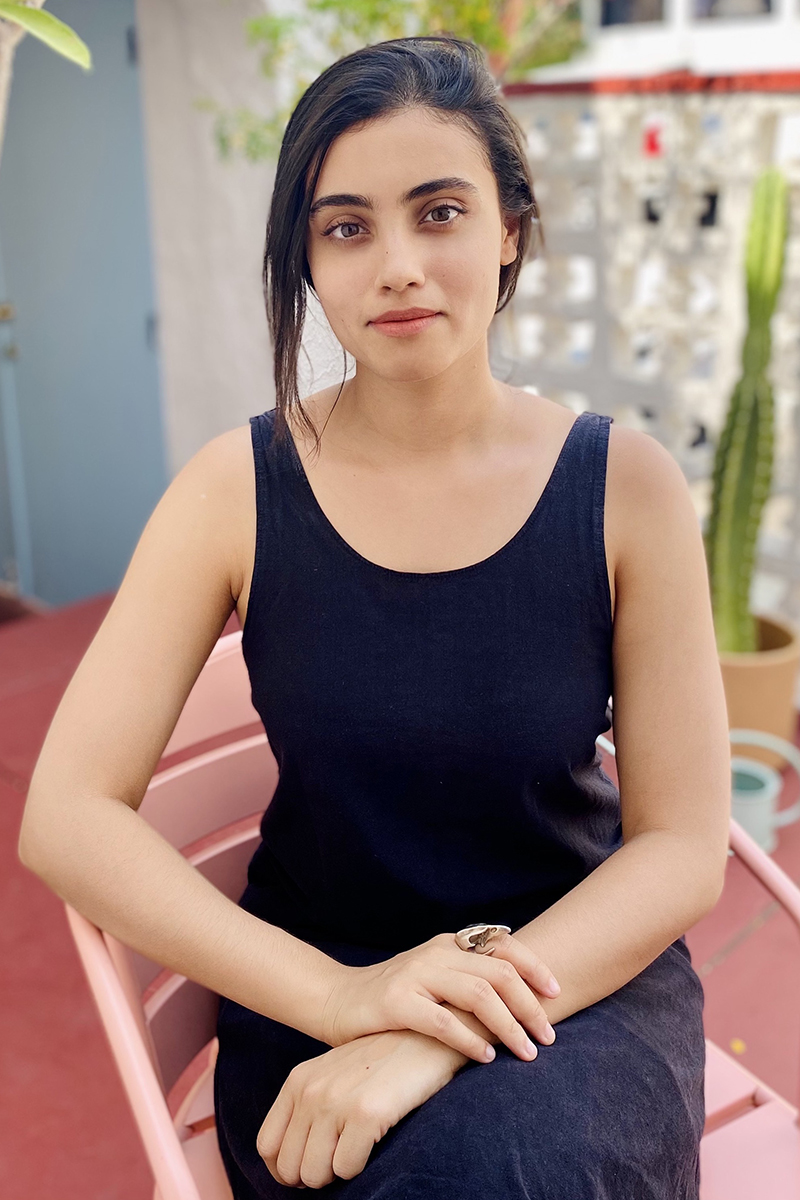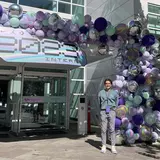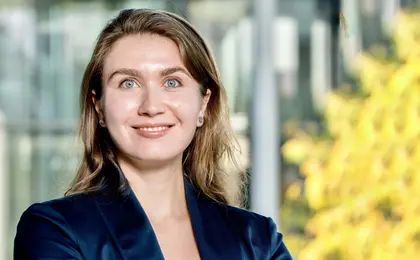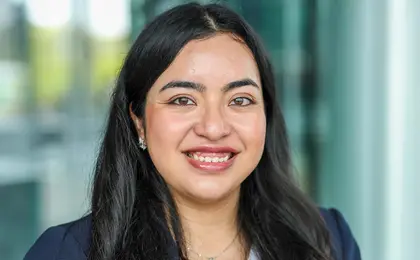
Internship Spotlight: Neha Kulsh ’22, Los Angeles Mayor’s Office
Neha Kulsh ’22 leaned on her SOM coursework to help LA work on its COVID-19 response.
What are you doing this summer? We asked rising second-year MBA students to check in from their summer internships, where they’re applying the lessons of their first year at Yale SOM.
Neha Kulsh ’22
Internship: Los Angeles Mayor’s Office, Innovation Team (i-team)
Hometown: West Hollywood, California
Pronouns: she/her/hers
Clubs and affiliations: Design & Innovation Club Leader
Favorite SOM class: State & Society, Competitor
Favorite SOM professor: Michael Sinkinson, Joyee Deb, and Peter Schott—they were able to take micro and macro econ (arcane material for me at the time) and make it accessible
Favorite New Haven eatery: Modern Apizza
Bonus facts: The last time I had an internship in L.A. (about a decade ago), my duties included calling the bassist of Mötley Crüe for an interview. Slightly different gig this time around!
 This summer, I joined the Los Angeles Innovation Team as a research fellow. As an in-house consultancy for City Hall, the i-team works alongside city departments and collaborates with academic, industry, and community partners to generate bold ideas that address the city’s top priorities. When I joined, these priorities included responding to the COVID-19 pandemic and increasing affordable housing for older adults.
This summer, I joined the Los Angeles Innovation Team as a research fellow. As an in-house consultancy for City Hall, the i-team works alongside city departments and collaborates with academic, industry, and community partners to generate bold ideas that address the city’s top priorities. When I joined, these priorities included responding to the COVID-19 pandemic and increasing affordable housing for older adults.
As I thought about roles for the summer, Professor Wrzesniewski’s research on job crafting and Professor Baron’s lecture on intrinsic motivation in Workforce remained top of mind. I knew I wanted to explore civic innovation since i-teams are known for their scrappy, low-key culture, and local government is, in many ways, where American life is lived.
I worked with a close-knit, multidisciplinary team of eight–project managers, designers, and data scientists–each committed to improving the lives of L.A.’s 4 million residents. Like the rest of the i-team, I supplemented my main responsibilities with pandemic-related tasks.
I was grateful to work on the city’s pandemic response. Against the backdrop of rising COVID-19 rates, I compiled public health briefings, researched vaccine hesitancy, and developed collateral for our vaccination outreach campaign. Even something as straightforward as designing a flyer reminded me that clear messaging and proper visual design is not simply a nice-to-have, but essential to ensuring city services are easy for residents to understand.
While the city’s pandemic response helped me appreciate local government’s role in an immediate crisis, my contribution to this effort was a small part of my overall responsibilities. My primary focus was to support L.A.’s long-term affordable housing strategy.
I managed the day-to-day operations for the L.A. Accessory Dwelling Unit (ADU) Accelerator Program, a pilot project that pairs housing-insecure older adults with homeowners willing to rent their ADUs for five years. Colloquially known as granny flats or backyard homes, ADUs are an innovative solution to L.A.’s housing challenges. They are relatively cheap to build, permitted on many residential lots, and offer older adults independence without isolation.
While city initiatives can sometimes seem removed from the residents they serve, what I loved most about the L.A. ADU Accelerator Program was how high-touch it was—true to the i-team’s roots in human-centered design. The highlight of my internship was interacting with the people our program would impact, from serving on homeowner interview panels to conducting tenant site visits.
To recruit more homeowners, I reimagined our outreach strategy. After consulting with my professors at the Yale Center for Customer Insights, I leveraged the behavioral science framework I learned from my experiential Discovery Project last spring. Their advice helped me shape and iterate my strategy and deliver a viable recommendation. Ultimately, I mapped out a homeowner referral program informed by behavioral science nudges, like social norms.
I’m thankful for the Internship Fund, which gave me the freedom to think expansively about how I could spend my summer. As the product of California’s public investments, from my LAUSD elementary school to college at the University of California, Berkeley, I was thrilled to have the opportunity to serve the public—and to work on a team with so much collaborative spirit and a drive to create lasting change.





